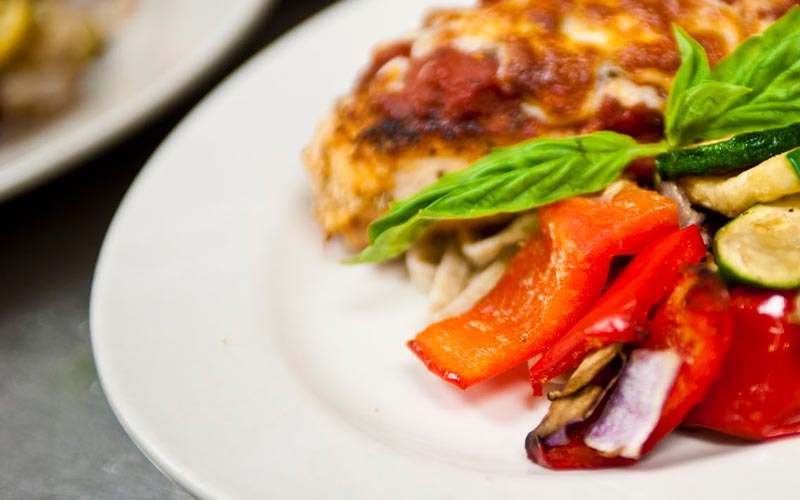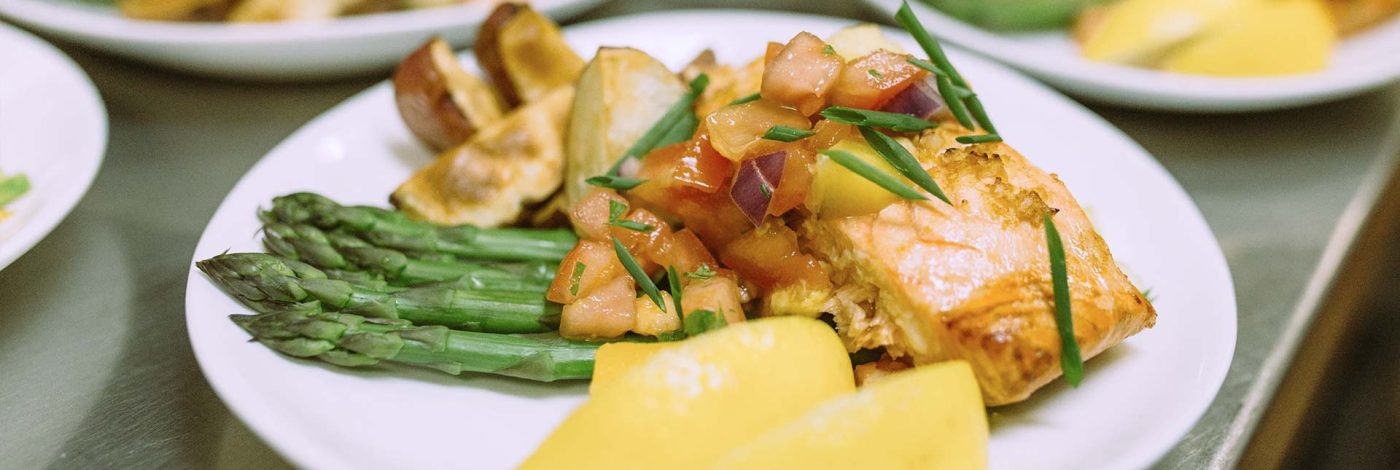With the outdoors potentially less inviting and the days darker, the stage is set for winter weight gain. But don’t give up hope and dive into a bulky sweater just yet. A few simple shifts in behavior can make it easier to prevent the typical winter weight gain.
Problem: It’s cold and miserable outside.
Solution 1: It’s not cold and miserable; it’s just cold. Make a promise to yourself (and everyone else around you) to stop complaining about the weather. If you go into anything believing it will suck, then I guarantee you it will. I don’t love freezing and I live in a cold climate. I find that people often complain about the cold because they are poorly dressed for the conditions—and then blame the conditions. When I do something outside for any length of time, I dress properly for it. The times when I don’t, I feel miserable, too. But that’s due to my lack of preparation, not because weather hates me.
Solution 2: The winter sky and air are more refreshing and clear, and with no leaves on the trees, you can get a better sense of the curves of the terrain. Hiking trails and beaches that are free from annoying crowds or taking a walk in snow can be a peaceful, serene experience. When you decide to find positive things to focus on, you’ll be less miserable. Just try it once. Go outside and for 10 minutes, commit to not being miserable and instead finding something positive to enjoy about the outdoors in winter.
Problem: We get less vitamin D in winter.
Solution: Eat fatty fish, nuts and other foods high in vitamin D and/or supplement with vitamin D. Your body needs sunlight to synthesize vitamin D, but in winter there are fewer daylight hours. Plus, the daylight is less strong because the sun doesn’t rise as high in the sky.
Preliminary studies suggest that people with low levels of vitamin D store more fat, though the precise mechanism has yet to be identified. It appears that lack of vitamin D reduces fat breakdown and triggers fat storage, so the calories you consume are stored in fat cells rather than used for energy.
Problem: Winter makes you feel “blah.”
Solution: In winter, we can develop a general lower level of happiness. This is basically low-level dissatisfaction—not depression—that we can get when it’s cold and dark.
When this occurs, we are twice as likely to use comfort foods as a pick-me-up than we would under more temperate conditions. In winter, we go for energy-dense, calorific foods, which tend to be sweet or have high fat content. We know that food itself is a comfort as far as mood goes, because it actually impacts the same circuitry of the brain as drugs do.
Instead, we can plan social gatherings with friends and schedule time doing activities we enjoy, using natural and true mood enhancers rather than food-based mood enhancement as a quick-fix. The sense of true enjoyment and connection we derive from these activities will last longer and help us avoid the health-eroding effects of junk foods.






